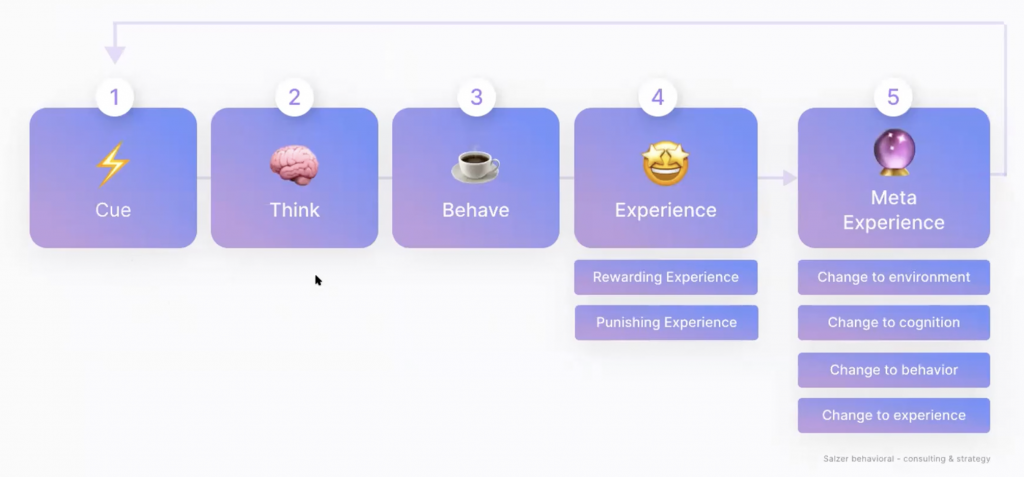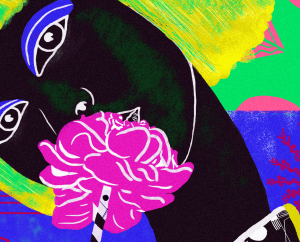Earlier this year we had the opportunity to launch a pop-up which concentrated on sustainability and planet-centric design. The online pop-up casted light upon behavioral design and behavioral science techniques. The themes were based on the 17 Sustainable Development Goals created by the United Nations. In this recap of the pop-up we highlight one of our speakers Samuel Salzer.
Samuel has dedicated his career to help teams take what they have learned from psychology and behavioral science to build better products and services with a focus on digital health. You can watch the talk and other videos from the pop-up on our new platform Design Matters Plus. In this recap we’re just covering the juicy parts of the talk and the science behind behavior and habits. Salzer challenges the outdated theories on changing behavior and habits from his own research and experiences,and aims to answer the question. Why are habits difficult to change?
The first part of the talk introduces The Power of Habit by Charles Duhigg and the theory based on Pigeon Loop of Cue, Routine, and Reward. Which acts upon the idea if you change a cue or reward it can change actions.

Samuel introduces a better flow called the Better Loop

- Cue: Receive notification, experiencing negative or internal stress.
- Think: Should I open the app? Why? What do I expect to happen?
- Behavior:Open app, complete key behavior
- Experience: How do I feel after? Did the app create a rewarding or punishing experience?
- Meta Experience: How will this change the experience of the next loop?
In the end we’re left with the thought that consistency is the most important element to include for habit formation, with a connection to time and place (taco tuesdays) which create long term lasting effects. Samuel emphasizes that removing discomfort is a strong motivator.
According to Salzer the Pigeon Loop theory is deceiving, people only think about adding something good if they get a reward (if I do this behavior, I will get praise). He points out that what’s even more effective is removing something negative. The thing that drives habitual behavior, removing pain, hunger, an internal state that is negative. If you have a product service that is reliable at doing this it could lead to a habit forming. To summarize he points out that reliability and consistency should be focused on more than variable rewards.




